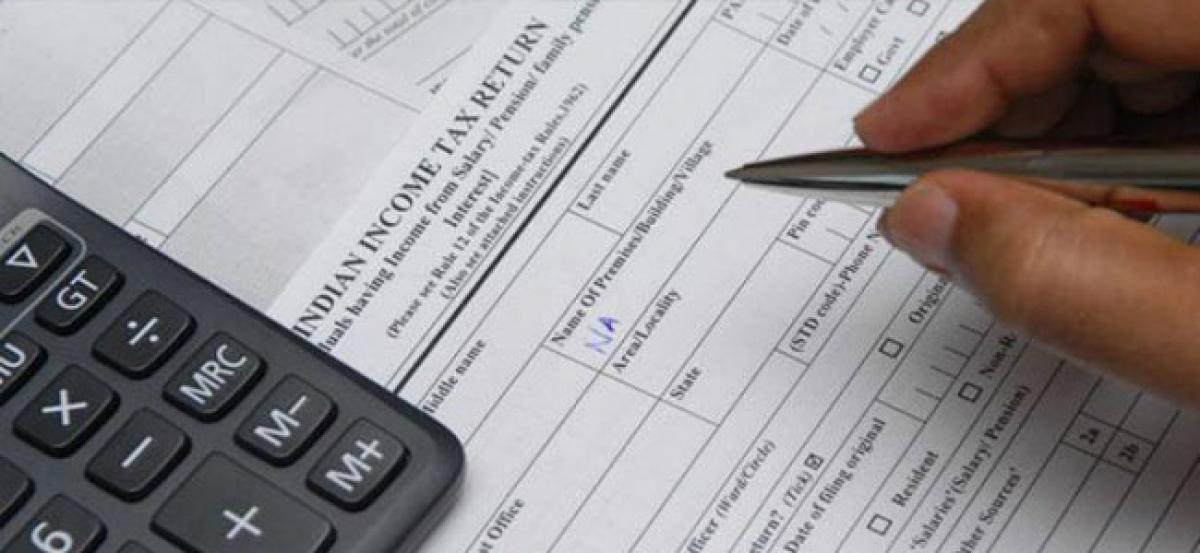Income tax strikes back with a due date, 31 July 2018 with few changes

One should be aware of the significant changes in the tax return process introduced this year, with the due date of 31 July 2018 for filing returns for Financial Year 201718 fast approaching Understanding these changes will be useful in filing tax returns timely and accurately
One should be aware of the significant changes in the tax return process introduced this year, with the due date of 31 July 2018 for filing returns for Financial Year 2017-18 fast approaching. Understanding these changes will be useful in filing tax returns timely and accurately.
As the deadline for filing the return remains the same at 31 July, one of the biggest change is the introduction of late filing fees of Rs 5,000 (if the return is filed by 31 December) or Rs 10,000 (if filed after 31 December). There is a lower fee amount of Rs 1,000 prescribed for income levels up to Rs 500,000.
Upto last year, a penalty of Rs 5,000 could have been levied for filing return after 12 months from the year-end, but only after the tax officer presented a notice to show cause against penalty levy, conducted a hearing and passed a written order. Unlike this penalty till last year, which was particularly levied by the taxman, now such late filing fees are required to be mandatorily paid upfront in all cases of default. Hence, one would need to be aware of the filing due date to avoid such unnecessary costs.
The maximum time limit for filing the original tax return was already crunched 12 months (from 24 months), so such return can be filed upto the following 31 March at most.
There is no change in the process of filing of tax returns, as a necessity to file returns electronically continues. However, a choice has been provided to individuals having taxable income up to Rs 500,000 without any tax refund claim or super senior individuals (aged more than 80 years), who can file returns in paper format.
Another additional disclosure requirement introduced in all return forms is consequent to the new provisions introduced effective 1 April 2017, where the landlord receiving rent over Rs 50,000 per month from a tenant will be subject to deduction of tax at source.
A radical change in form ITR-1 relates to the enhanced disclosure requirements for the sections on salary income and house property, which are made as elaborate as the more detailed form ITR-2. For example, in the Salaries section in new form ITR-1, in addition to final taxable amount, values of taxable allowances, perquisites, profits in lieu of salary and deductions (profession tax) are also required.
Keeping a similar shade of expanding details required to be reported in ITR-2 also, the tax authorities have mandated elaborate details to be provided to support claim for exemptions in relation to capital gains (viz., dates of sale of old and the purchase of new capital assets, purchase cost of new asset, amount deposited in specified capital gains scheme) and tax treaty benefits (viz., country, tax treaty rate, Indian tax rate, reference to relevant sections/ articles, etc.).
So, it can be said that albeit the increase in the reporting requirements, the tax rules or processes are being made more comprehensive and stringent with the passage of time, with a clear intent of supporting the increased surveillance and enhanced vigilance by the tax authorities.
















